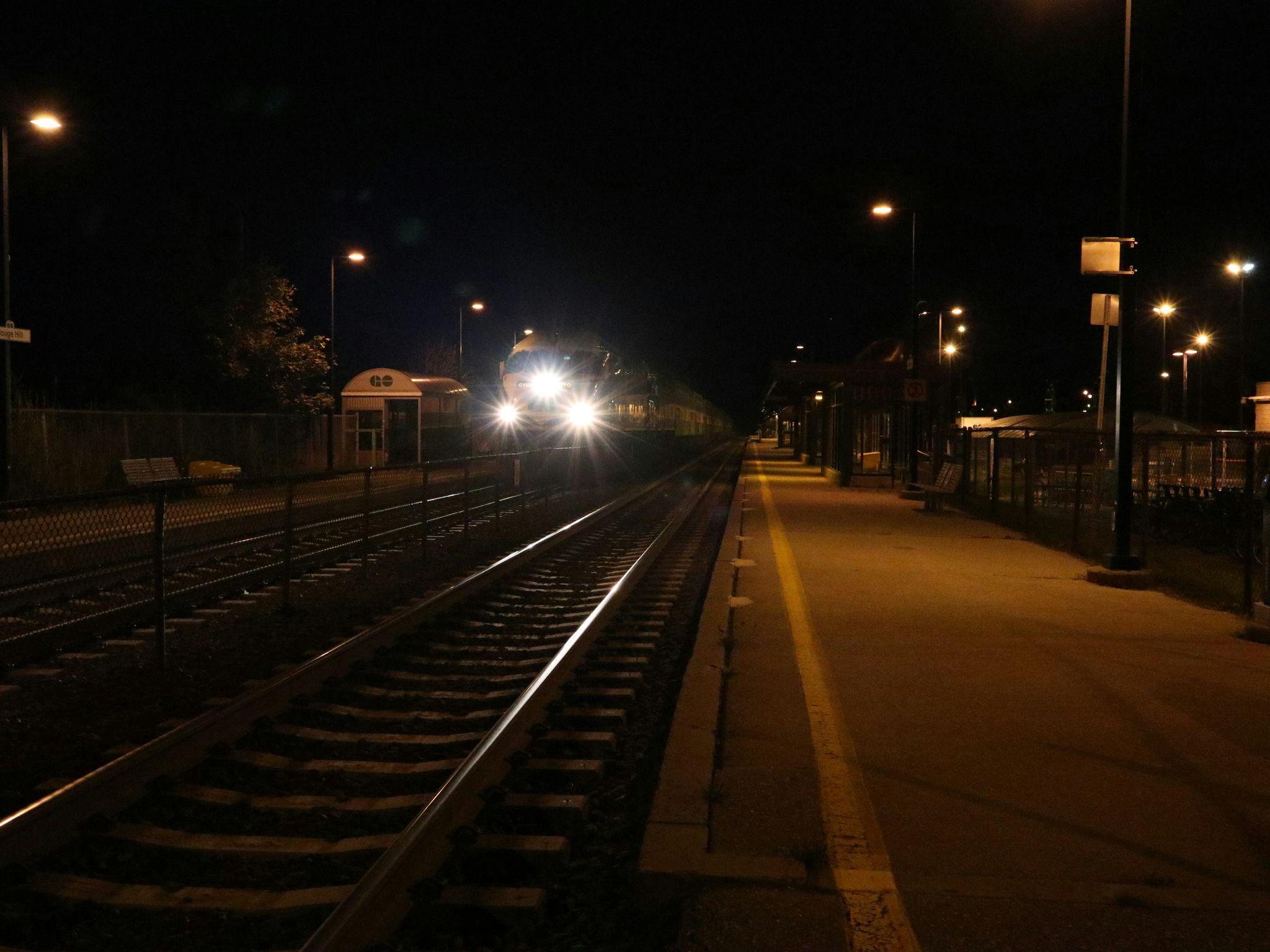
Naming public spaces can stir up debates about ethics, branding, and community identity. A recent plan to rename Toronto’s Exhibition GO station after Jackpot City, a popular online casino, had people talking. The proposal was rejected by Ontario’s government, however, it shone a light on a growing trend of selling naming rights for public spaces to private companies.
Online gambling has experienced significant growth in Ontario, with billions being wagered each quarter since the market was regulated in 2022. In addition to the locally available options, many players have started seeking out cryptocasino platforms as they offer players many enticing benefits. From greater anonymity to a wide selection of provably fair games to quicker payouts, such gaming hubs have been gaining traction.
Moreover, companies such as Jackpot City are vying for visibility in this increasingly competitive market. Exhibition Station, located near major sports venues like BMO Field and Coca-Cola Coliseum, has proven to be an ideal location for strategic branding efforts.
The proposal highlighted the extent to which online gambling is becoming integrated into everyday life. But, with this explosion comes a keen interest among players in deciphering which platform is best as there are countless options to choose from.
However, this surge in interest in online gambling has sparked broader discussions about the industry’s presence in public spaces and the implications of such visibility, with some expressing significant concerns. Critics were quick to point out the risks of pairing public transit with gambling companies. Veteran Liberal MPP John Fraser called it “good news” when the government shut down the deal, saying it helped push back against normalizing gambling in public spaces. Others, however, see value in these kinds of partnerships if they’re done right, bringing in much-needed cash for transit projects.
This wasn’t Metrolinx’s first time selling naming rights. Other GO stations, like Durham College Oshawa and Brampton Innovation District, have already been rebranded in similar deals. These agreements often last up to a decade, showing how tempting the financial benefits of rebranding can be. But is it worth the trade-off in public trust?
When a public space becomes associated with a private company, it reshapes how we connect with and perceive that space. Naming rights agreements go beyond financial considerations—they also reflect the values and priorities of a community. The Exhibition Station deal sparked important conversations about the types of industries that could contribute to shared spaces, especially as gambling continues to grow in Ontario. This booming industry offers exciting opportunities for economic growth and innovation, making it essential to explore partnerships that benefit both public infrastructure and community interests.
As sources have pointed out, companies like Jackpot City aren’t just putting up ads. They’re making deals with sports teams and festivals, too, to stay in the spotlight. This kind of aggressive promotion makes people wonder how much power private companies should have over public life.
This deal may have been scrapped, but the debate over public-private partnerships is far from over. The real challenge moving forward will be finding ways to balance these collaborations while ensuring public spaces align with community values and priorities.

